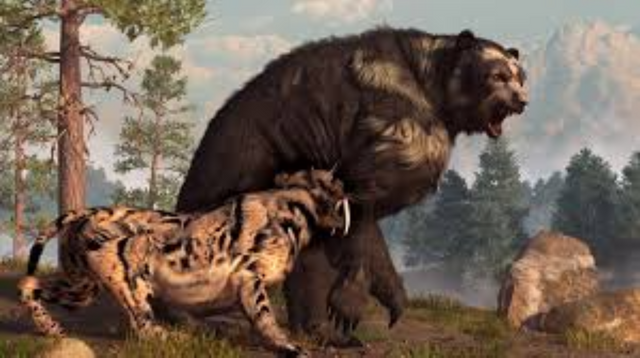There are several reasons why wild animals don't attack humans more frequently:
%20(1)%20(1)%20(1).jpeg)
Fear of Humans: Many wild animals have an inherent fear of humans, which they have developed over time through evolution. This fear is often a result of negative encounters or learned behaviors from observing other animals.
Natural Prey Preferences: Most wild animals have specific prey preferences based on their natural diet. Humans generally don't fit into the typical prey profile for many predators, especially those that primarily target smaller animals.
Avoidance Behavior: Wild animals often exhibit avoidance behavior towards humans. They may actively avoid areas where human activity is high, as they perceive humans as potential threats.
%20(1)%20(1).jpeg)
!
Human Adaptations: Humans have developed various strategies and technologies for self-defense, which make us less vulnerable to wild animal attacks. These include weapons, shelters, and the ability to organize in groups for protection.
Habitat Loss: Human encroachment into natural habitats has led to a reduction in wild animal populations and their habitats. This means there are fewer encounters between humans and wild animals in many areas.
Urbanization: Many wild animals have adapted to urban environments, where they scavenge for food in trash bins or find shelter in buildings. In these settings, they may become accustomed to humans but still generally avoid direct confrontations.
Conservation Efforts: Conservation efforts and wildlife management practices often aim to minimize human-wildlife conflicts by implementing measures to deter animals from approaching human settlements.
Education and Awareness: Increased education and awareness about wildlife behavior and conservation have led to better coexistence between humans and wild animals. People are often taught how to behave in areas where wild animals are present, reducing the likelihood of conflict.
Legal Protection: In many regions, wild animals are legally protected, and hunting or harming them is strictly regulated. This protection helps to maintain natural balances and reduces the likelihood of aggressive encounters between humans and wildlife.
Learning from Experience: Over time, humans have learned to anticipate and mitigate potential threats from wild animals. Through trial and error, as well as shared knowledge and cultural practices, humans have developed strategies to minimize the risk
Hi, @soni110
Follow these steps to get yourself verified in the community.
Make sure you add a verification picture in your introduction post
What is Verification Picture:
Take a selfie while holding a page written Beauty of Creativity with the date and your Steemit username
for more information join us on Discord
Downvoting a post can decrease pending rewards and make it less visible. Common reasons:
Submit